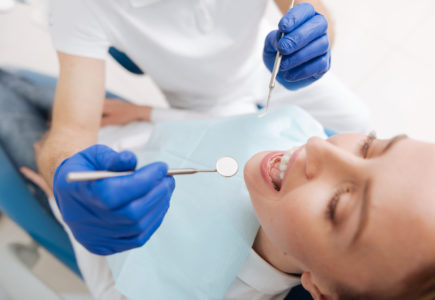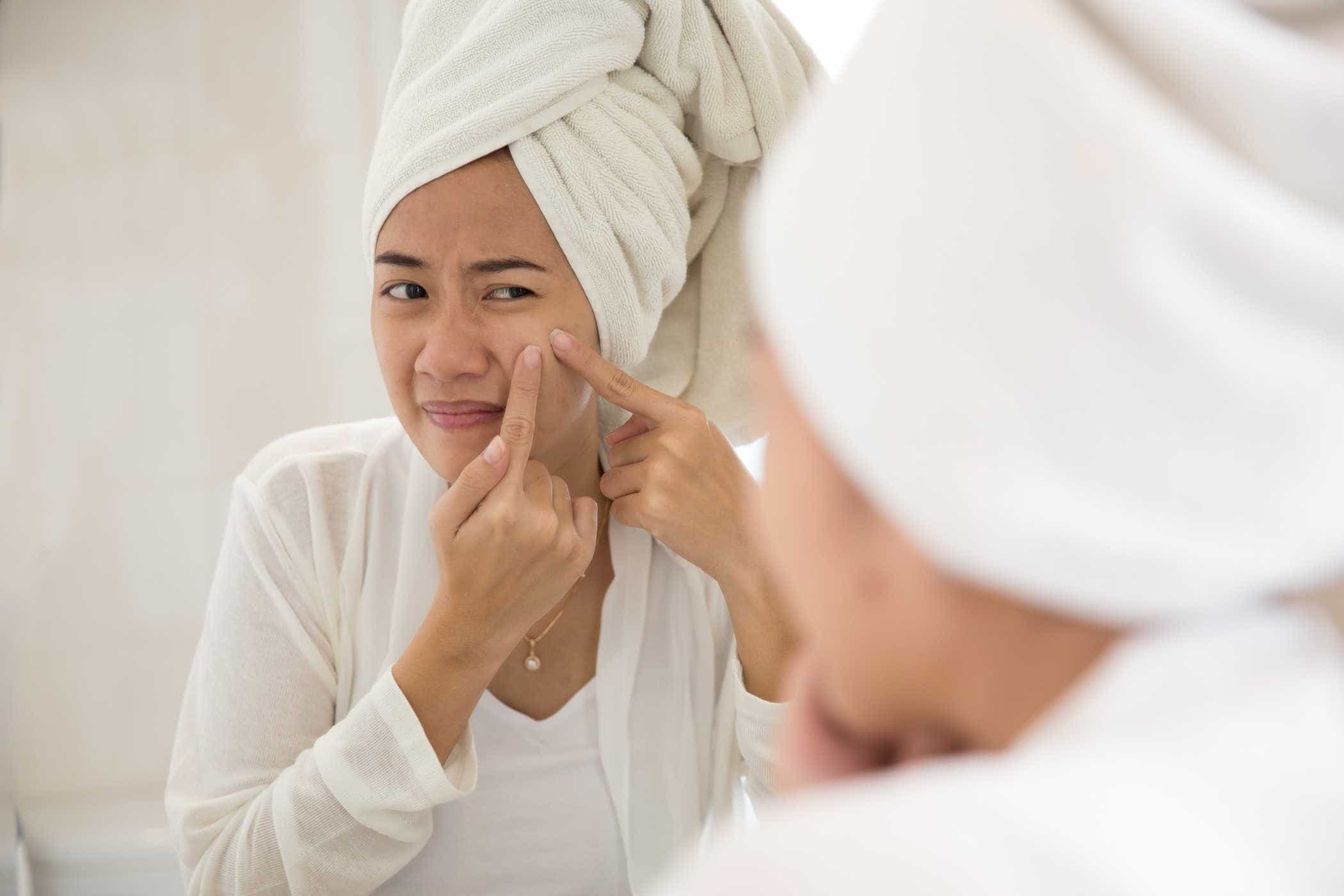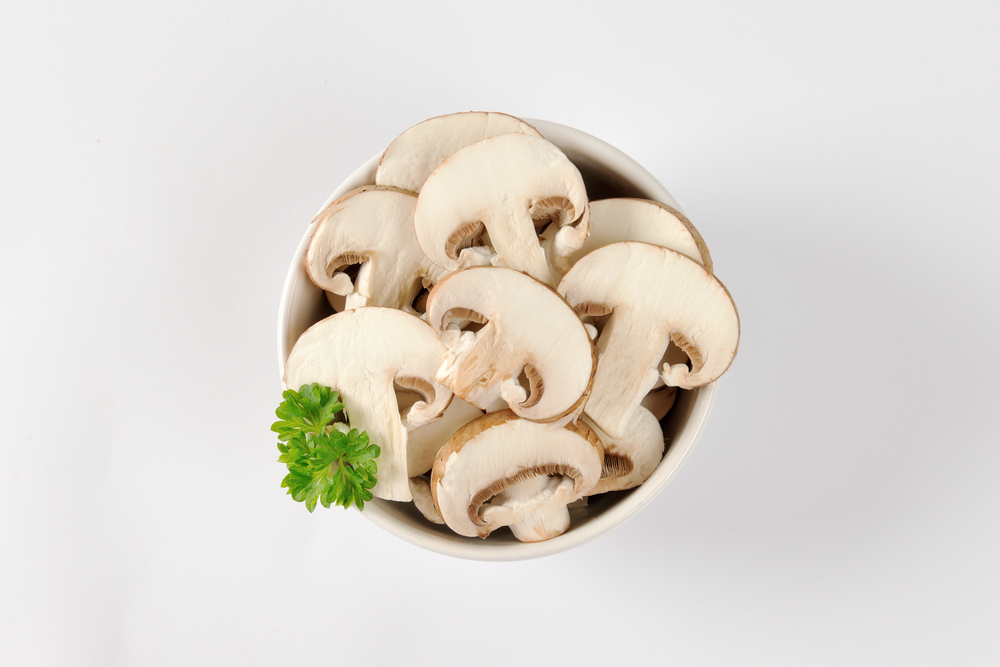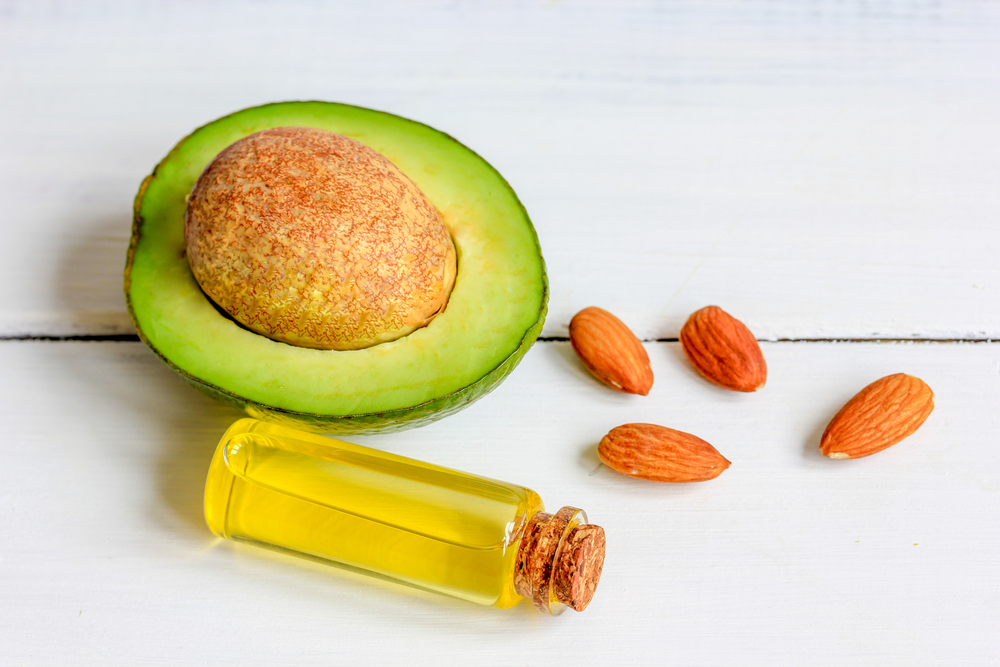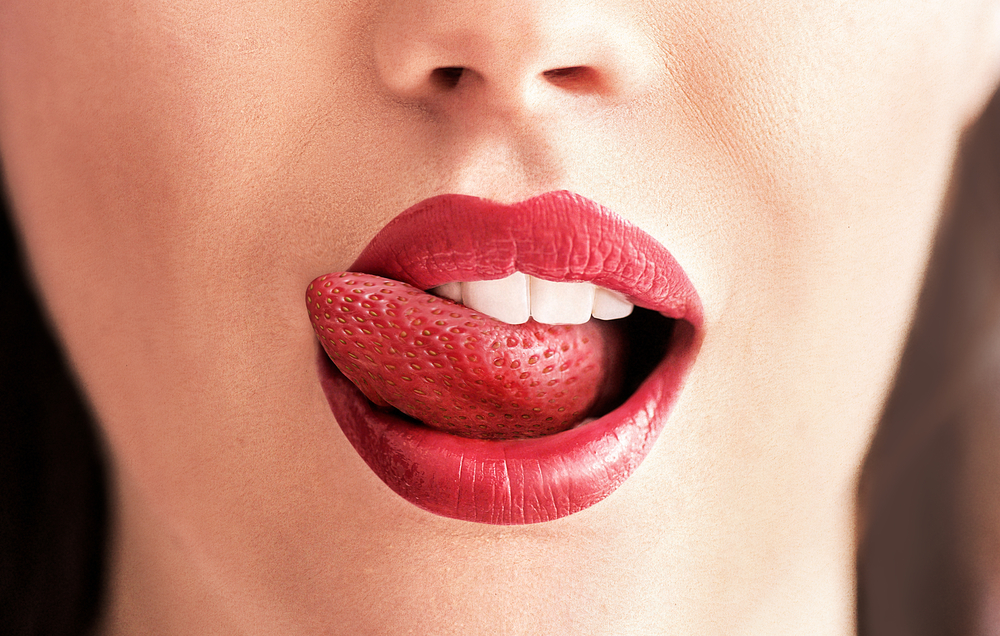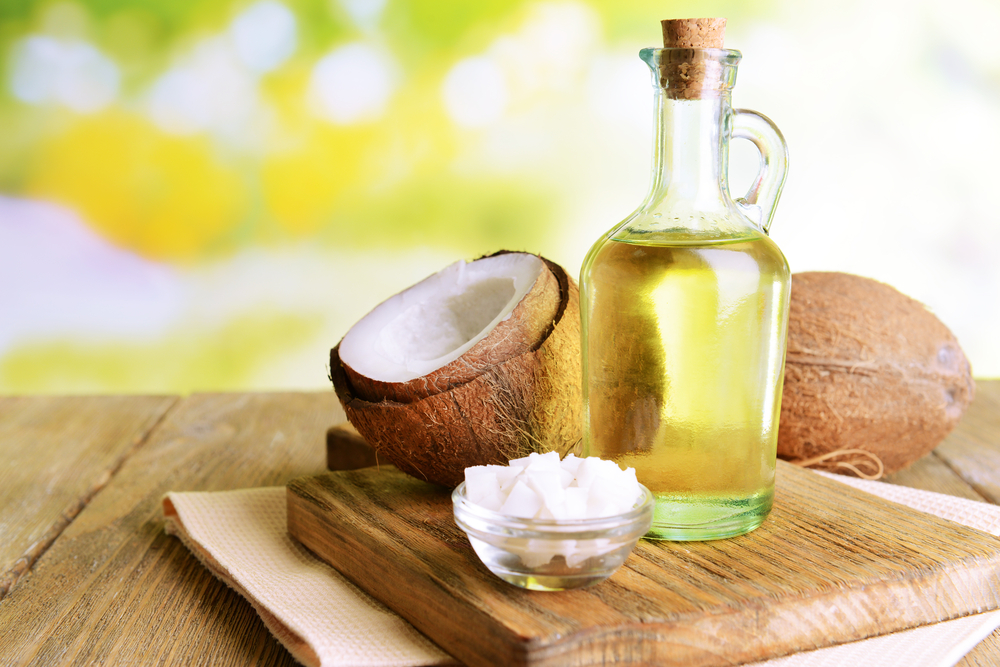Contents:
- Medical Video: Dentist says DO NOT CROWN YOUR TEETH! - Proves it with a Clinical example!
- Who is prone to having sensitive teeth?
- Causes of sensitive teeth
- Why can't sensitive teeth be left alone?
- How do you deal with sensitive teeth?
- 1. Check with a dentist
- 2. Don't brush your teeth too hard
- 3. Use a soft toothbrush
- 4. Use special toothpaste sensitive teeth
- 5. Don't forget to brush your teeth twice a day
Medical Video: Dentist says DO NOT CROWN YOUR TEETH! - Proves it with a Clinical example!
If you have experienced painful teeth and suddenly get tired while eating cold food or sweet foods, you might have sensitive teeth. This condition can not be considered trivial, let alone left without handling anything, because the feeling of pain due to sensitive teeth can not heal itself and will get worse if ignored.
If you have sensitive teeth, you should take special care so that the feeling of pain does not come back at any time when eating. You certainly do not want it, together with the closest people to be disturbed due to senate teeth?
Who is prone to having sensitive teeth?
According to research conducted by Ipsos Indonesia in 2011, as many as 45% of Indonesians feel pain and stabbing pain when eating cold, hot, sweet, or sour foods and drinks. However, more than half did not realize that they had sensitive teeth, so they did not do treatment with special toothpaste sensitive teeth, and did not check with a doctor until the condition was sustainable.
Sensitive teeth can occur to anyone, and at any time. Your teeth may not have been a problem before, but just started to become sensitive after entering a certain age. Generally, sensitive teeth occur between the ages of 20 and 50, although there are also some teenagers and older people over 70 who have sensitive teeth. In addition, women are more prone to having sensitive teeth than men.
Are you one of them?
Causes of sensitive teeth
The teeth become sensitive when the dentine layer is exposed, so that nerve fibers are exposed too. Some things that can make this happen are inflammation of the gums, brushing your teeth too hard, teeth cracking due to plaque, acidic food, the habit of grinding teeth, and using teeth whitening products that are too hard.
Why can't sensitive teeth be left alone?
Sensitive teeth cause pain and pain every time you eat or drink cold, hot, sour, or sweet. If not handled, this will prevent you from enjoying various favorite foods and drinks.
However, if sensitive teeth are allowed to drag on without treatment, this condition can become more severe, causing prolonged pain, and increased sensitivity.
In the later stages, sensitive teeth can even feel pain and aches when exposed to the wind.
In addition, sensitive teeth can also have an impact on other complications in your mouth. Sometimes sensitive teeth are a symptom cavity or dental caries. Non-treated holes can continue to become infections of the gums and jaw, accompanied by pain, swelling, and the risk of spreading infection to other areas of the head and even the neck. To prevent this from happening, check with your dentist to find out what causes your sensitive teeth.
How do you deal with sensitive teeth?
1. Check with a dentist
For the handling of sensitive teeth, it's a good idea to check and consult a dentist.
According to general health advice, each person must have their teeth checked every 6 months. From the examination, the doctor can handle and find out about tooth decay problems. Your dentist may give one of a variety of treatments depending on your condition.
There are 3 types of actions commonly performed by dentists to deal with sensitive teeth:
- Dental bonding. The exposed root surface of the tooth can be treated by applying a layer (resin) that binds to the sensitive surface of the tooth.
- Gum surgery. When the tooth root loses the gum layer, a small amount of gum tissue can be taken from other parts to attach to the missing part of the gum. This aims to protect tooth roots and reduce sensitivity.
- Root canal If the pain you feel in your teeth is severe, the dentist may suggest root canal treatment, which is a procedure used to treat problems in the dental pulp. This technique is the most effective lather in curing sensitive teeth.
2. Don't brush your teeth too hard
Many people who brush their teeth as hard and hard as possible with the assumption that it can eliminate all plaque and dirt in the teeth.
Actually, brushing your teeth too hard can damage the structure of the tooth layer and trigger the gums to become loose. When the gums are loose, the roots and nerves in the teeth can not be completely covered with gums. As a result, the roots and nerves of the teeth are exposed, and this is what causes teeth ache and becomes sensitive when in the cold or while chewing on food.
3. Use a soft toothbrush
Toothbrush hair turns out to be important for maintaining tooth sensitivity. You should not look for cheap ones, but prioritize on soft brush bristles. Because when you wear a toothbrush that is coarse hairy, it can also relax the gums and become a factor that causes pain in the teeth.
4. Use special toothpaste sensitive teeth
Regular toothpaste cannot protect your sensitive teeth from feeling sore. You need to use special toothpaste sensitive teeth which works more effectively in providing more protection for sensitive teeth, thus helping to overcome the feeling of pain and prevent it from coming again.
5. Don't forget to brush your teeth twice a day
To prevent the formation of dental plaques, maintain dental health by routinely brushing teeth twice a day. Also pay attention to the correct brushing technique so that you can clean all parts of your teeth and mouth. Brush gently and carefully around the gum line so that you do not remove tissue from the gums, which can make the teeth sensitive.


